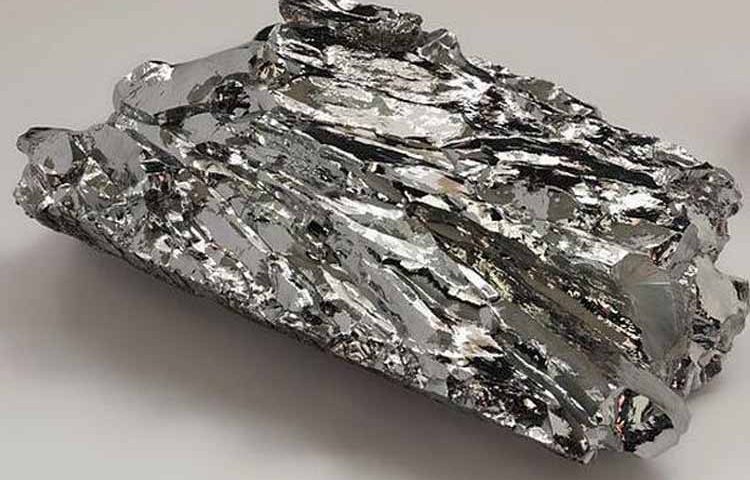Application of molybdenum and molybdenum alloys
Application of molybdenum and molybdenum alloys

Molybdenum is a preferred material for use in a number of manufacturing industries with its outstanding mechanical and chemical properties.
Main Characteristics:
High melting point (2610°C)
Low thermal expansion
High thermal conductivity
Low vapour pressure
Excellent corrosion resistance against molten metals and glass
Mass Characteristics:
Symbol: Mo
Atomic Number: 42
Atomic Weight: 95.94
Density: 10.22 g/cc at 20°C
Compressibility: 36 micron 2/N at 293°C
Thermal Properties:
Melting Point: 2610°C
Boiling Point: 5560°C
Specific Heat: 0.276 kJ/kg x K at 20°C
Latent Heat of Fusion: 270 kJ/kg (estimated)
Thermal Conductivity: 142 W/m x K at 20°C
Heat of Combustion: 7.58 MJ/kg Mo
Electrical Properties:
Electrical Conductivity: 34% IACS at 0°C
Electrical Resistivity: 53.4 nΩ·m at 20°C
Thermal Electromotive Force: 1.45 mV versus platinum, 0 to 100°C
Electrochemical Equivalent: Valence 6, 0.1658 mg/C
Optical Properties:
Reflectivity: 46% at 500 nm, 93% at 10,000 nm
Color: Silvery white
Mechanical Properties:
Molybdenum distinguishes itself with those unique properties: high melting point, high creep resistance and low thermal expansion. The properties of the pure molybdenum could also be improved by alloying. According to the application environments and the operating temperatures, TLWM offer the best molybdenum alloy for our customers.
Chemical Properties:
Molybdenum has extremely good resistance to corrosion by numerous acids, liquid metals and molten glass, provided oxidizing agents are not present. Molybdenum is relatively inert in hydrogen, ammonia, and nitrogen up to about 1100°C.
